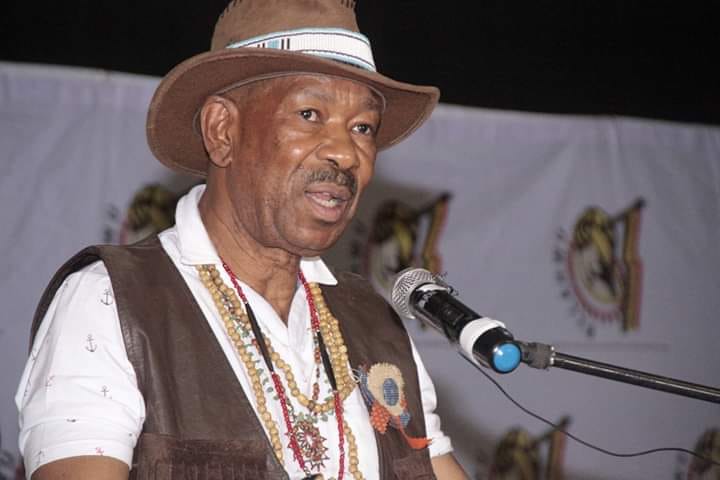- Call for land audit to tackle speculators and expedite allocations
- Perm Sec says 637,399 applicants are on the waiting list
- Magosi say SA’s RDP could provide an example for Botswana
GAZETTE REPORTER
Traditional leaders have described the failure of land boards across the country to allocate plots to eligible citizens timeously as a ticking time bomb that the government is sitting on.
This follows recent revelations by the Permanent Secretary (PS) in the Ministry of Land Management, Water and Sanitation, Bonolo Khumotaka, to the Public Accounts Committee (PAC) that the waiting list for land allocations currently stands at 637,399.
The PS said 15 percent (97,159) is for state land, including SHHA applicants, and 85 percent (540,240) for tribal land.
In an interview with The Botswana Gazette, Kgosi Kebinatshwene Mosielele of BaFurutshe called for a land audit to ascertain the amount of land and number of plots that people have against outstanding allocations, saying he is not convinced that there is shortage of land in Botswana.
Kgosi Mosielele added that this would also help understand how certain individuals obtained the land that they possess and lay bare corrupt practices for redress. “If we can do a land audit, we would overcome land shortage and allocate land to first-time land seekers,” he said.
“Batswana have given up hope of being allocated land. This has encouraged some people to squatter. If this issue is not addressed, more people will erect shelters in ungazetted areas. A land audit would also help guide the government to devise a land policy of limiting people to a maximum of perhaps two plots each. Squatting started with people erecting shelters at their ploughing fields and over time realising that they could make it a permanent arrangement.”
The sovereign of BaFutshe said unavailability of land was ruining marriages and some instances disputes among siblings fighting for their deceased parents’ land. “The the situation is increasingly spiralling out of control,” Kgosi Mosielele warned. “We are now seeing our people extending their pieces of land unlawfully in order to accommodate their relatives. This is sad.”
Kgosi Montshiwa Lotlaamoreng ll of BaRolong said there is urgent need by land boards to accelerate allocating serviced land because families often find themselves piling up in one yard for lack of land. “We have families piling up in one yard in the BoRolong area not because they want to but simply because they don’t have a choice,” Kgosi Lotlaamoreng II said.
He called on the government to follow the example of neighbouring South Africa where the government builds RDP houses for poor citizens. The Internet describes South Africa’s Reconstruction and Development Programme as a socio-economic policy framework of the ruling African National Congress that resulted from extensive consultations with its alliance partners the Congress of South African Trade Unions and the South African Communist Party and mass organisations in the wider civil society. A total 3.2 million homes were built between 1994, when the programme started, and 2018.
“The government should come up with alternative measures to address this issue because people are increasingly getting frustrated after being on the waiting list for many years,” said the sovereign of BaRolong. “If there are citizens capable of servicing land for themselves, they should allocate land so the numbers of the landless stop rising.”
The permanent secretary of the lands ministry, Khumotaka, told the PAC that only 344 residential plots were allocated in urban areas in the financial year 2016/17. This number includes 13 in Gaborone, 67 in Lobatse, 131 in Francistown, 31 in Selebi-Phikwe and two in Kasane.
She said the ministry has allocated 6 738 residential plots during this financial year compared to 7 991 in the previous year, comprising 57 plots in urban areas owing to unavailability of plots in towns.

